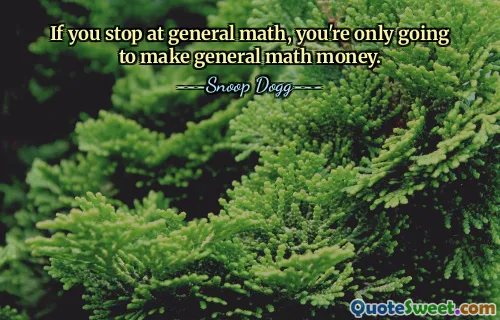
The only thing that is obscene is censorship.
📖 Craig Bruce
Censorship is often perceived as a necessary tool to maintain societal order and protect individuals from harmful or offensive content. However, this quote challenges that notion by suggesting that censorship itself is the true obscenity. It highlights the paradox that in attempting to shield society from 'undesirable' ideas or expressions, we may be infringing on fundamental freedoms such as free speech and expression. When censorship is used excessively or arbitrarily, it can stifle creativity, discourage dissenting opinions, and hinder the progress of knowledge and culture. Freedom of expression is a cornerstone of democratic societies, allowing for open debate, the challenging of ideas, and the celebration of diverse perspectives. To label censorship as obscene calls into question the morality of suppressing information and viewpoints, especially when censorship is wielded to silence opposition, minorities, or unpopular ideas. It reminds us that the true offense may lie in the act of suppression itself rather than the content being suppressed. A society that allows censorship to flourish risks becoming oppressive, with the power to define what is acceptable and what is not, often based on subjective moral or political standards. The essence of a free society is its capacity to confront its flaws and learn from its mistakes, often by allowing uncomfortable or controversial ideas to be expressed. Silencing these ideas in the name of morality or decorum can lead to intellectual stagnation and undermine the fundamental rights that underpin democratic freedom. Therefore, embracing open discourse, even when uncomfortable, is vital for authentic progress and justice.







